
Join 10k+ people to get notified about new posts, news and tips.
Do not worry we don't spam!
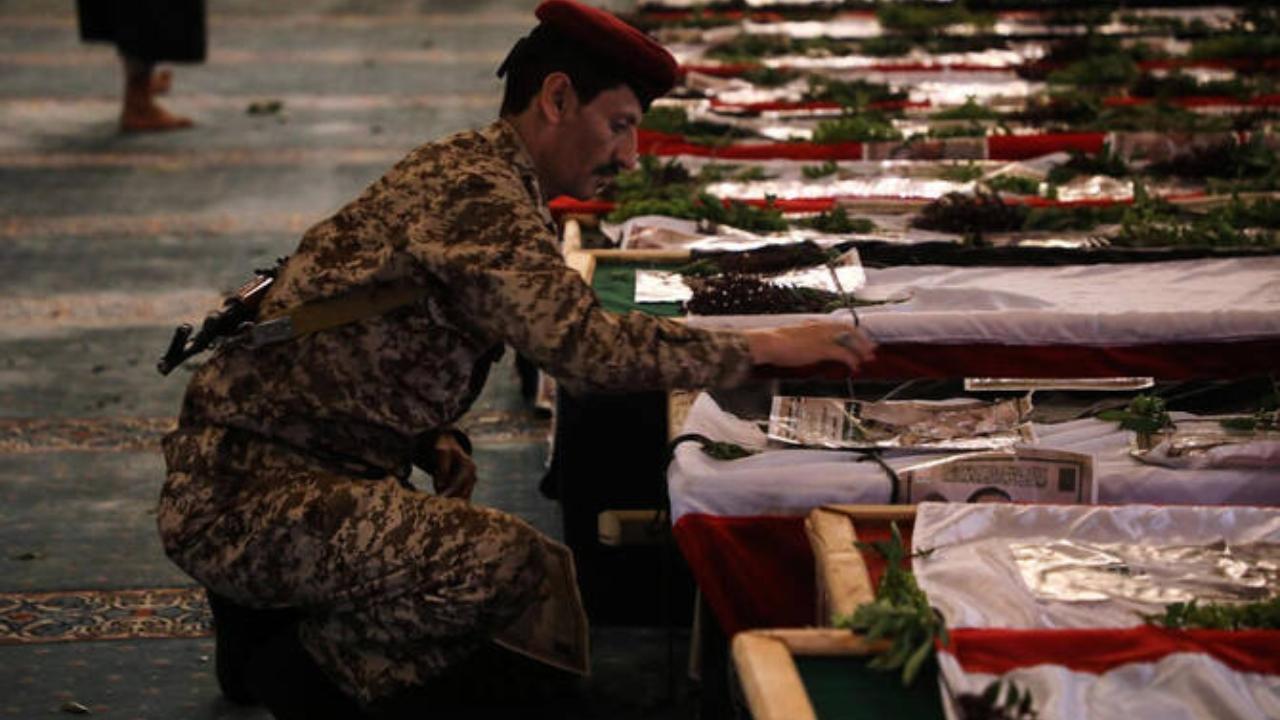
Post by : Minna
Photo:AP
The funeral of 31 Yemeni journalists, killed in Israeli airstrikes, marks a devastating moment not just for Yemen but for press freedom across the world. The gathering of hundreds of mourners in Sana’a was more than a farewell to those who lost their lives. It was also a powerful expression of grief, outrage, and concern over the shrinking space for truth-tellers in conflict zones.
Mourning and Outrage
The sight of coffins wrapped in Yemeni flags, carried through streets lined with grief‑stricken families and colleagues, underscores the heavy burden journalists carry in times of war. In Yemen, a nation already torn apart by years of conflict and humanitarian crisis, the press has played a crucial role in giving voice to those caught in the violence. The 31 reporters who died were part of that fragile bridge between the suffering of civilians and the awareness of the global community.
Those who marched in the funerals were not just mourning loved ones – they were also repeating a message: silencing journalists is silencing truth. Many speakers at the ceremony condemned the strikes as direct attacks on journalism itself, describing the killings as “a crime against truth and against the right of people to know.”
Journalism in Conflict: A Lifeline Cut Short
Journalists in conflict zones often work under extreme risk. In Yemen, where poverty, displacement, and hunger are already widespread, reporters remain on the frontlines, documenting destruction, raising awareness, and, in many cases, documenting war crimes.
The strike that killed these journalists was seen by many rights groups as an assault on press freedom. International agencies have long warned that journalists must not be targeted in war. Yet, history continues to show that reporters are often among the most vulnerable. In Gaza, in Ukraine, in Syria, and now in Yemen, countless journalists have been killed, reminding the world how fragile truth can become when conflict rages.
International Reaction
The killings have triggered calls for independent investigations. Human rights organizations have demanded accountability, while press freedom groups have urged the international community to act swiftly to protect journalists in armed conflicts.
The United Nations and advocacy bodies have repeated an urgent appeal: journalism is not a crime, and those who document wars should not pay for their work with their lives. Yet condemnation alone rarely changes realities on the ground. Without stronger measures, the cycle of condolences and broken promises risks repeating endlessly.
The Human Side of Loss
What stands out in moments like this is the deeply personal cost. The 31 journalists were not just bylines or voices on broadcast. They were fathers, brothers, daughters, and friends. They were young men and women who chose a path of risk to tell the story of Yemen’s suffering. Many of them worked under scarce resources, often risking their lives each day in a country where safety is nonexistent.
A colleague of one of the victims described him as someone who refused to leave his community, saying, “If we don’t tell our own stories, no one will.” That refusal to abandon truth made him vulnerable, yet it also defined the commitment that has now been cut short.
Journalism as Democracy’s First Line
Press freedom is often called the first line of defense for democracy and human rights. Journalists keep governments accountable, bring war crimes to light, and ensure that distant suffering is not hidden from view. By targeting reporters, armed forces erase the bridge between war’s brutality and global conscience.
In Yemen, where international coverage often falls short, these reporters stood in the gap. Their work was testimony. Their deaths now raise the question: how much truth can the world afford to lose before silence becomes permanent?
The Call for Accountability
The killings must not fade into another headline that passes too quickly. There are established international laws that protect media workers, yet in conflict after conflict, those protections are ignored. The international system needs to find ways to enforce accountability for those who choose to silence journalists. Otherwise, the message is clear: truth has no protection, and those who seek it are expendable.
Accountability should not only be about legal frameworks. It should also translate into state responsibility, humanitarian protection, and real pressure from global powers on those who violate journalists’ rights. The International Criminal Court has investigated attacks on journalists in the past. However, bringing cases to justice often takes decades – a delay that further erodes faith that press killings will ever stop.
A Global Pattern of Silencing
What happened in Yemen is not isolated. In the last decade, journalists have been repeatedly targeted in conflicts worldwide. In Gaza, reporters were among the highest casualties during escalations. In Syria, citizen journalists risked execution for publishing information. In Ukraine, foreign correspondents and local press have died while covering the war.
Each of these cases, taken together, signals a global crisis for journalism. The deaths of Yemeni reporters are part of this unfolding tragedy – a reminder that in modern warfare, cameras and pens are feared as much as weapons.
A Future Without Truth
The greatest danger of silencing journalists is not the absence of articles and stories. It is the gradual erasure of accountability. When wars are unreported, atrocities hide in the shadows. When voices fall silent, abuses multiply unchecked.
The loss of 31 Yemeni journalists leaves behind a dangerous silence – one that must be filled with international action. Protecting media workers should not be a symbolic gesture but a central commitment for all governments and global organizations that profess to value human rights.
#Yemen #journalists #killed
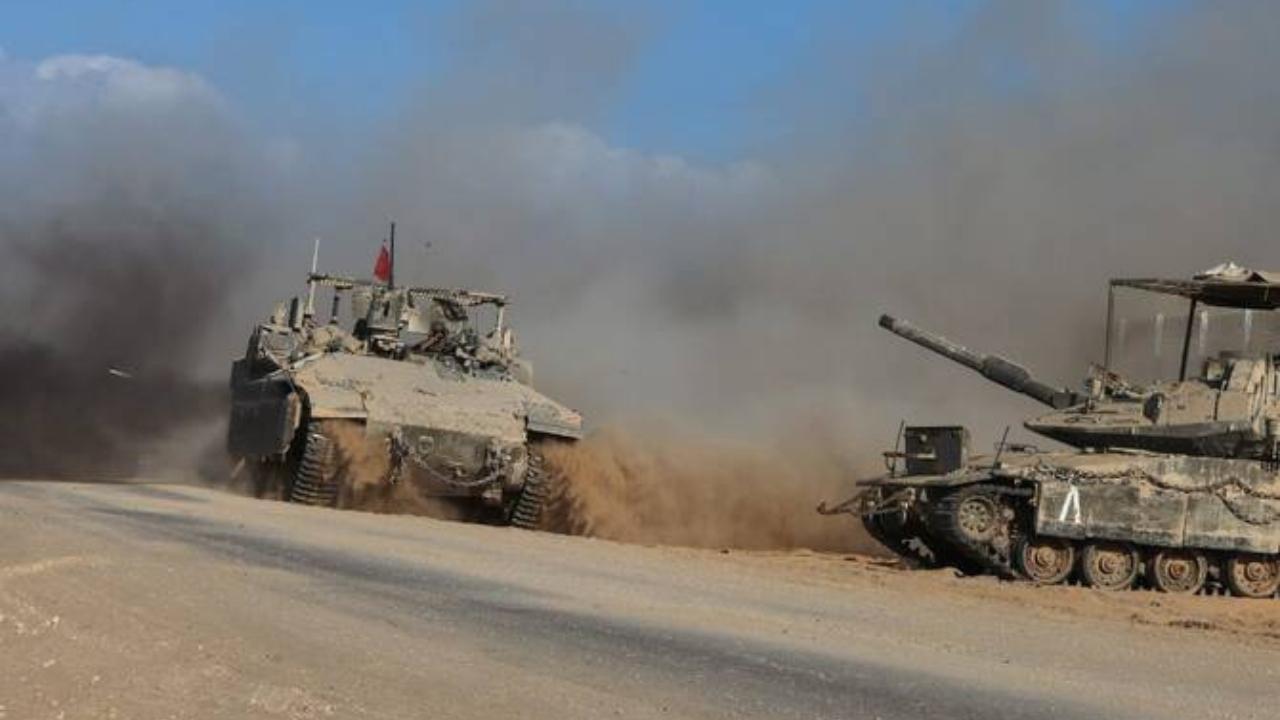
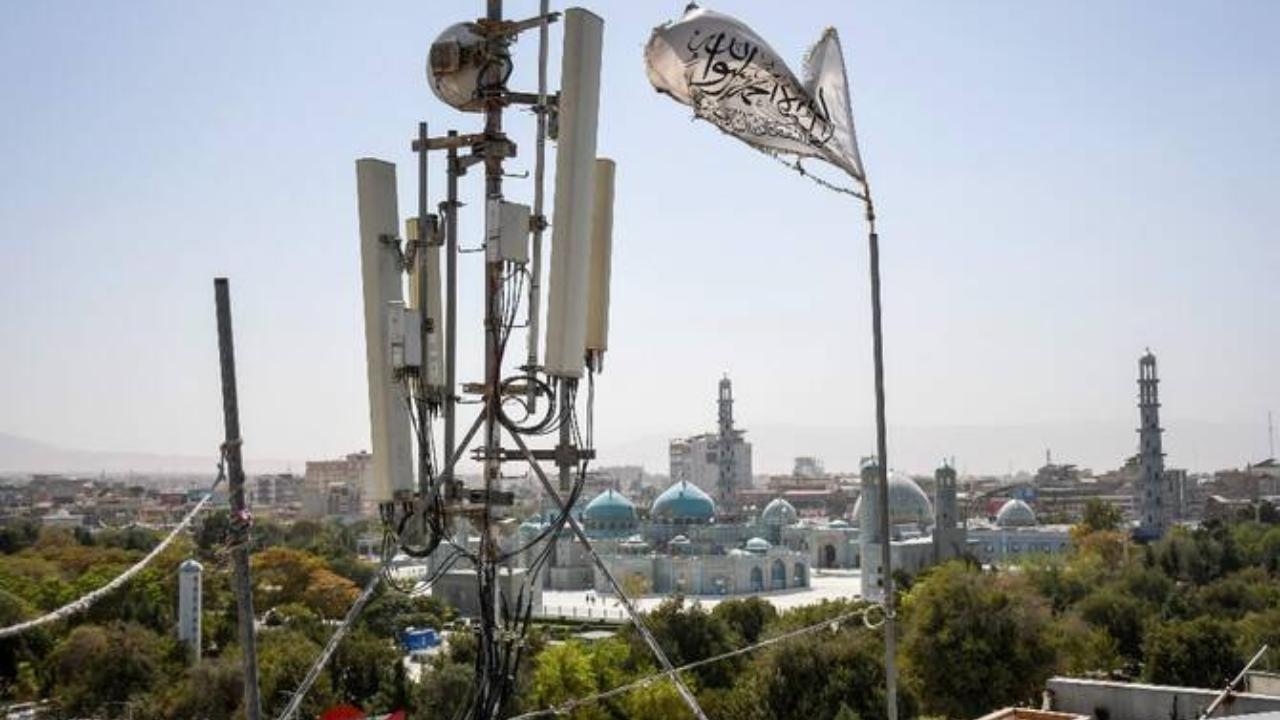

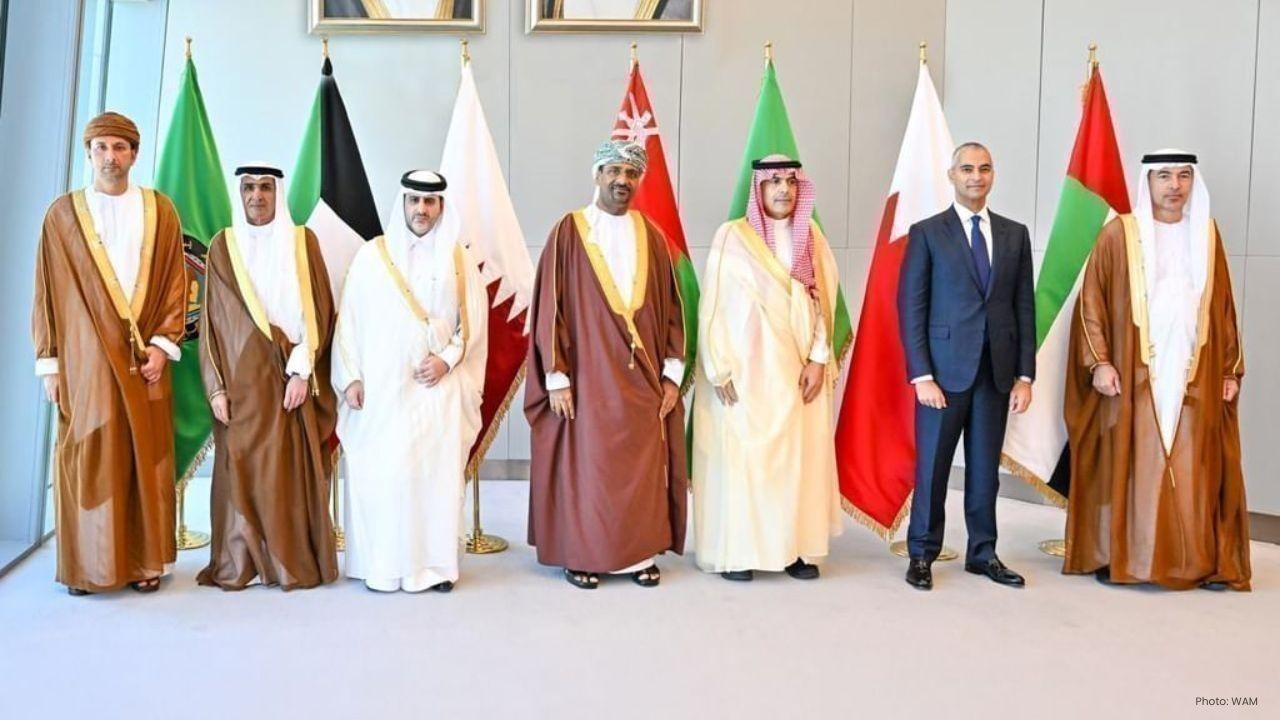

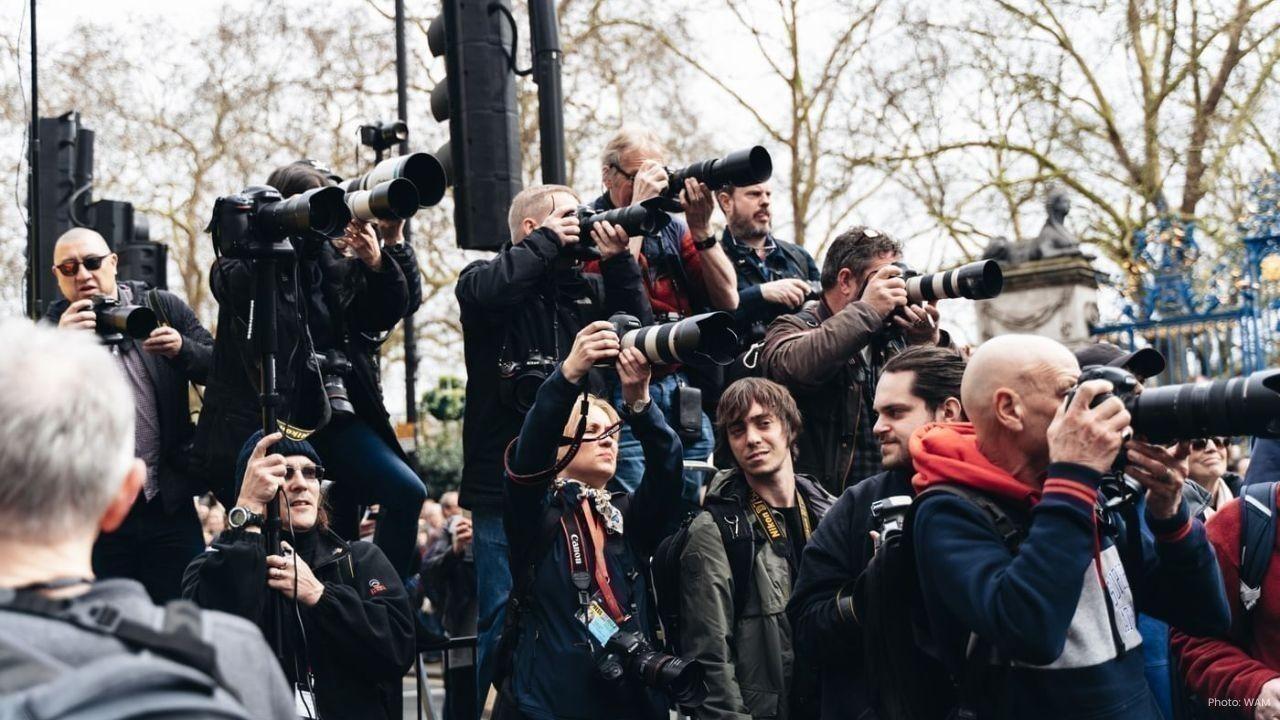

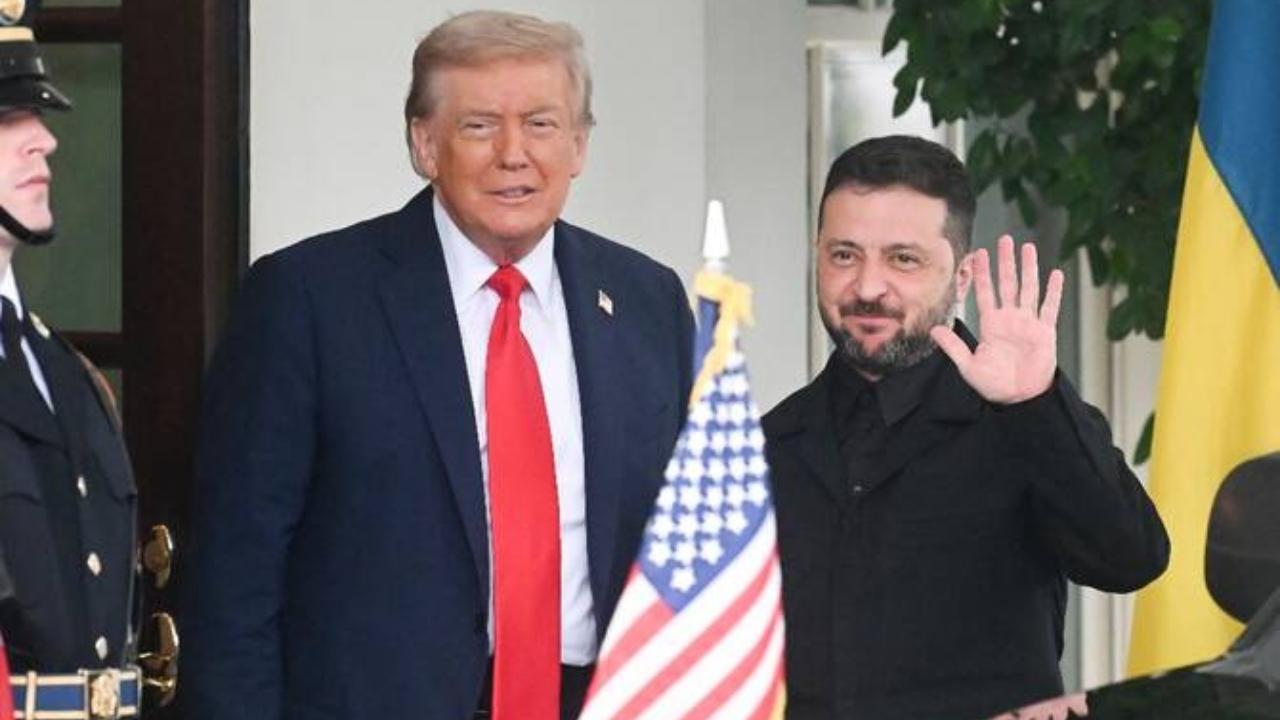
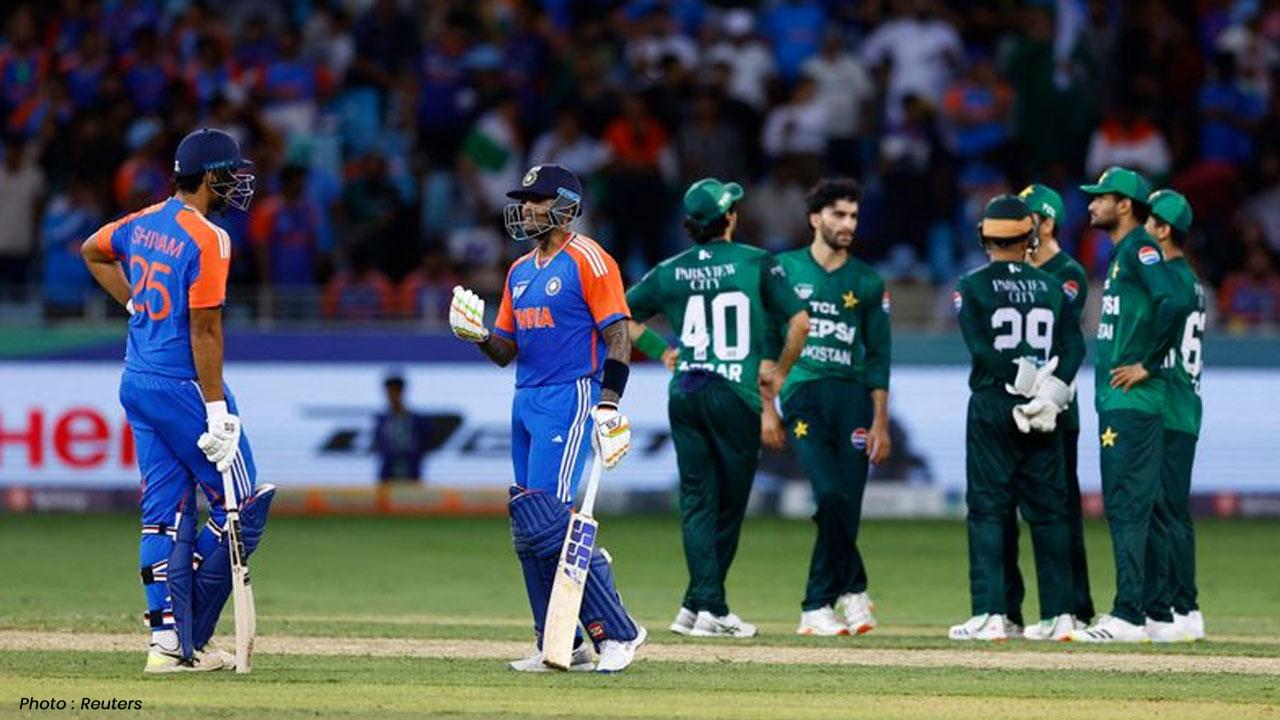

Israel Expands Gaza City Operation, Residents Told to Leave
Israel widens Gaza City operation, urges residents to evacuate soon.

Taliban Bans WiFi in Afghan Province to Stop Immorality
Taliban bans WiFi in Afghan province, citing rise in immorality.

Trump may meet Zelensky next week to push for peace talks
Trump and Zelensky may meet next week to hold fresh peace talks.
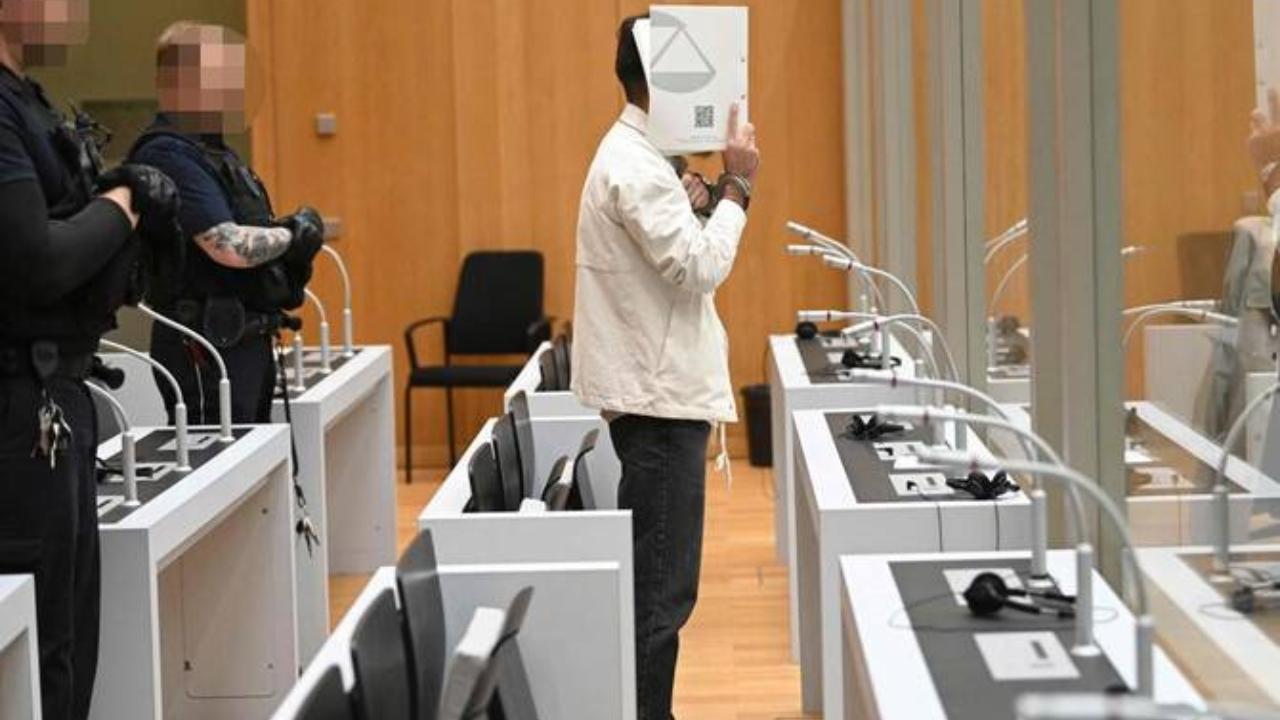
Afghan Man Gets Life Sentence in Germany for Rally Stabbing
Afghan man sentenced to life in Germany over fatal rally stabbing.

Google Gemini AI Saree Trend Goes Wrong, Users Report ‘Creepy’ Edits
Google Gemini’s Nano Banana AI saree selfies trend sparks safety concerns as some edits appear creep
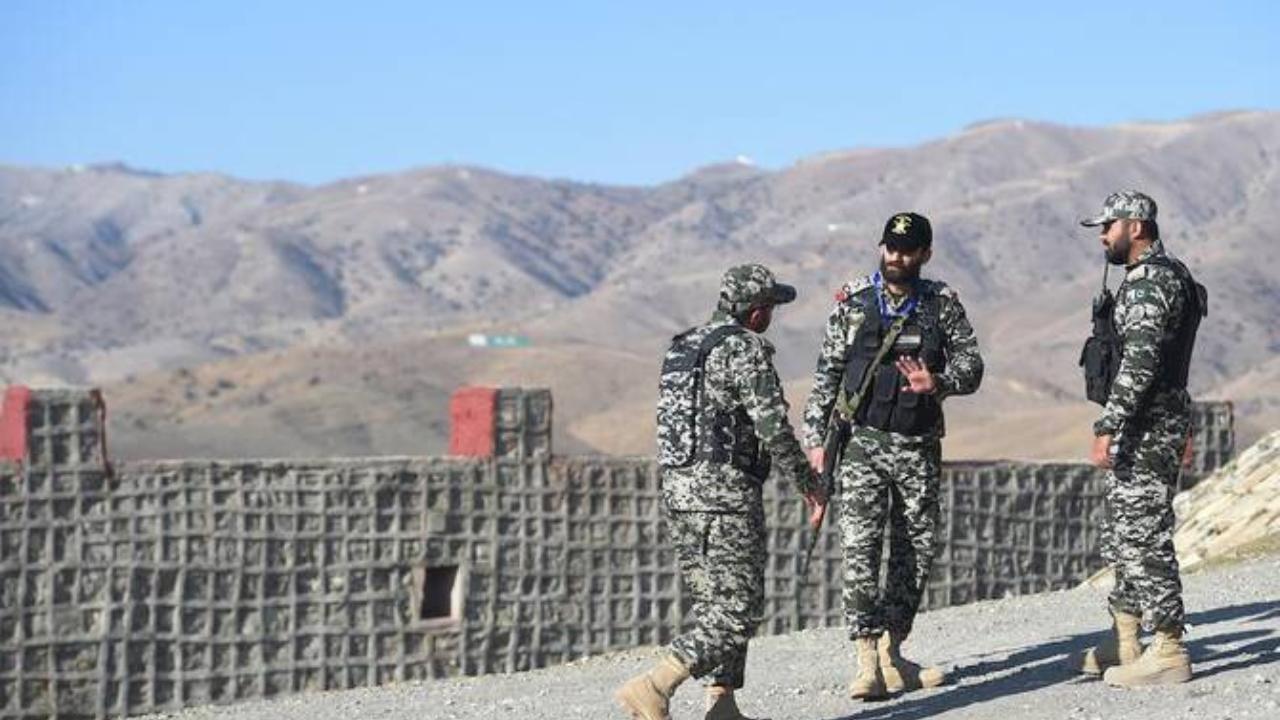
Pakistan Army Kills 31 Militants as Security Operations Rise
Army kills 31 militants amid rising presence and crackdown

Hundreds Mourn Yemeni Journalists Killed in Israeli Airstrikes
Funeral held for 31 Yemeni reporters killed in Israeli strikes.
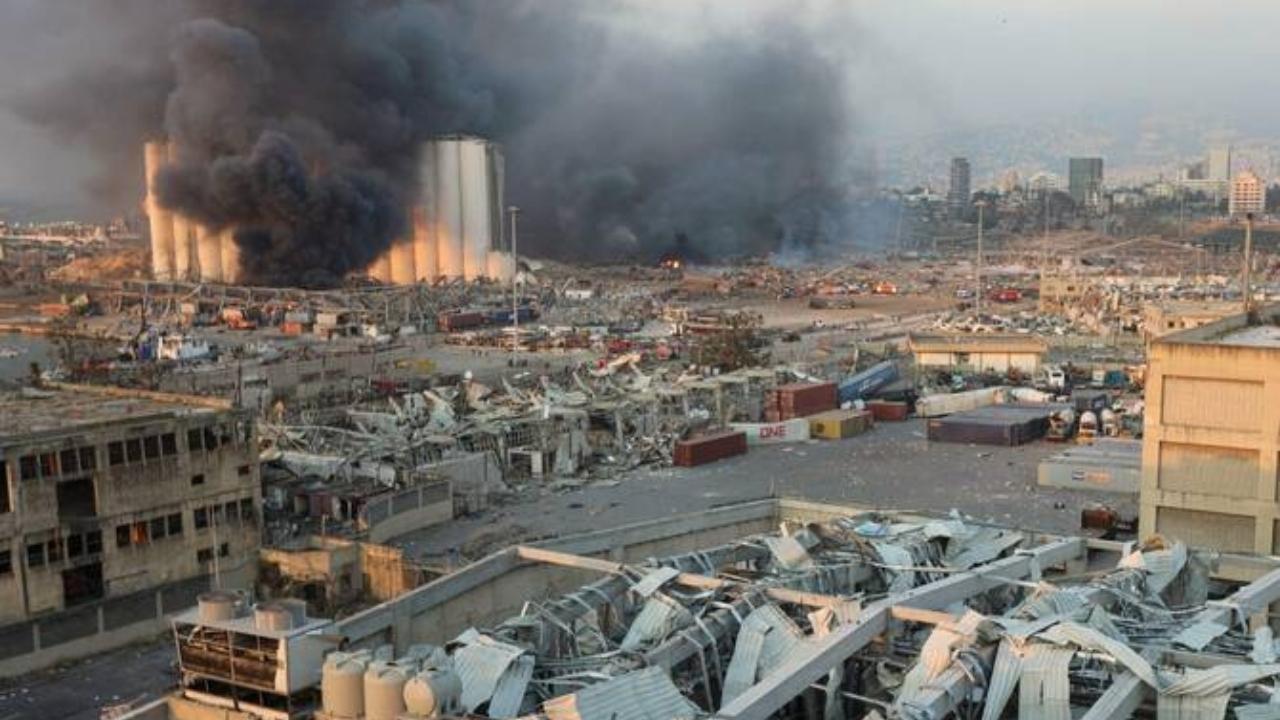
Shipowner Tied to Beirut Port Blast Arrested in Bulgaria
Owner tied to Beirut blast caught in Bulgaria after long search.